How to Convert Investor Residency into Permanent Residency
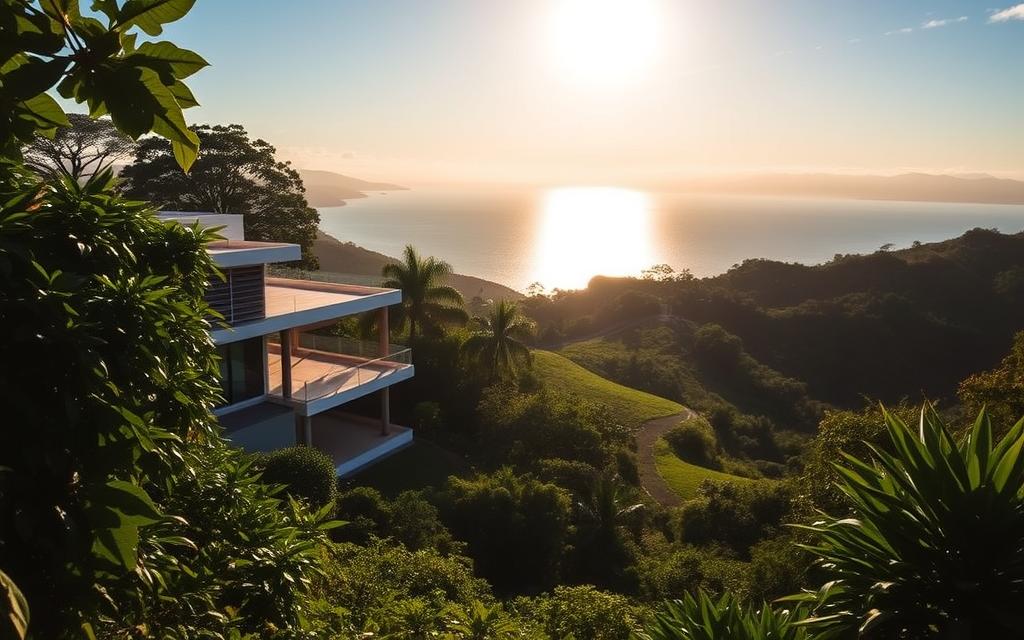
Costa Rica has emerged as a highly desirable destination for individuals and families seeking an improved quality of life and new opportunities. By investing $100,000 in real estate, forestry projects, or a local business, applicants can obtain a residence permit. This residence status can become permanent after three years, provided the applicant has been physically present in the country for at least 180 days per year.
We will guide you through the process of transitioning from investor residency to permanent residency in Costa Rica, highlighting the requirements and benefits of this program. With its natural beauty, mild climate, and rich culture, Costa Rica is an attractive option for those seeking long-term residency.
Understanding Costa Rica's Residency Programs
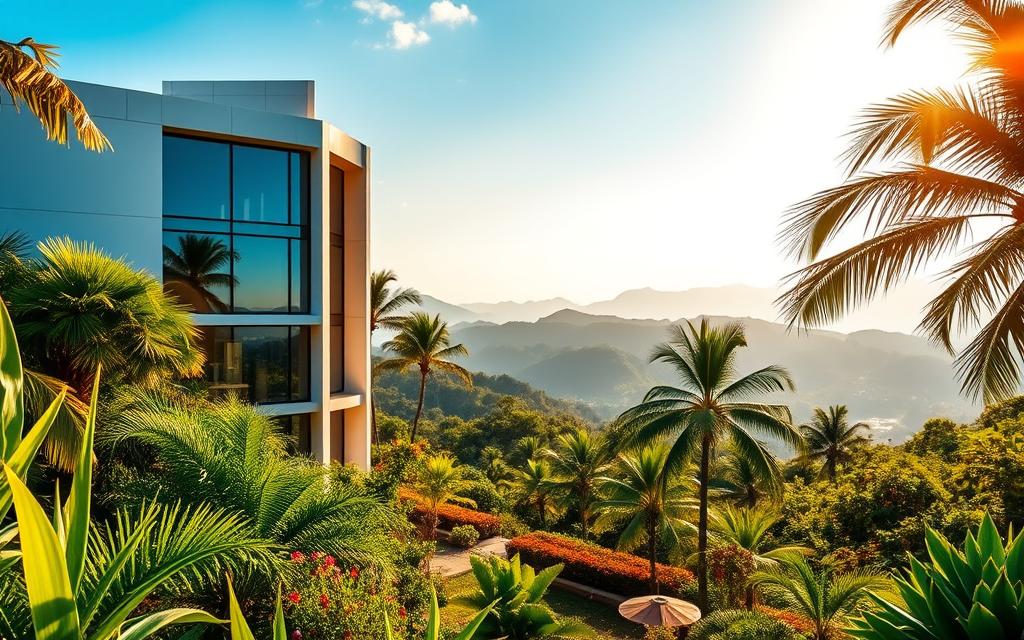
Costa Rica offers a diverse range of residency programs tailored to different needs and circumstances. Whether you're planning to retire, work remotely, or invest in a new venture, understanding these options is crucial for a smooth transition to life in this Central American paradise.
Overview of Residency Options in Costa Rica
Costa Rica's residency options cater to a wide array of applicants, including Pensionado (retiree), Rentista (income-based), Inversionista (investor), and family-relation categories. Each program has its specific requirements and benefits, designed to attract foreign investment and talent. For instance, the Rentista program is ideal for those with a stable income, while the Inversionista program targets individuals willing to make significant investments in Costa Rica.
The Investor Residency Program Explained
The Investor Residency Program, or Inversionista, is designed for those who wish to contribute to Costa Rica's development through business investment. To qualify, applicants must invest a minimum amount in a qualifying project or business. This program initially grants temporary residency, which can later be converted to permanent residency. For more information on successful investor visa applications, you can visit Jaros CR, where you can find detailed success stories.
Investment Requirements for Investor Residency
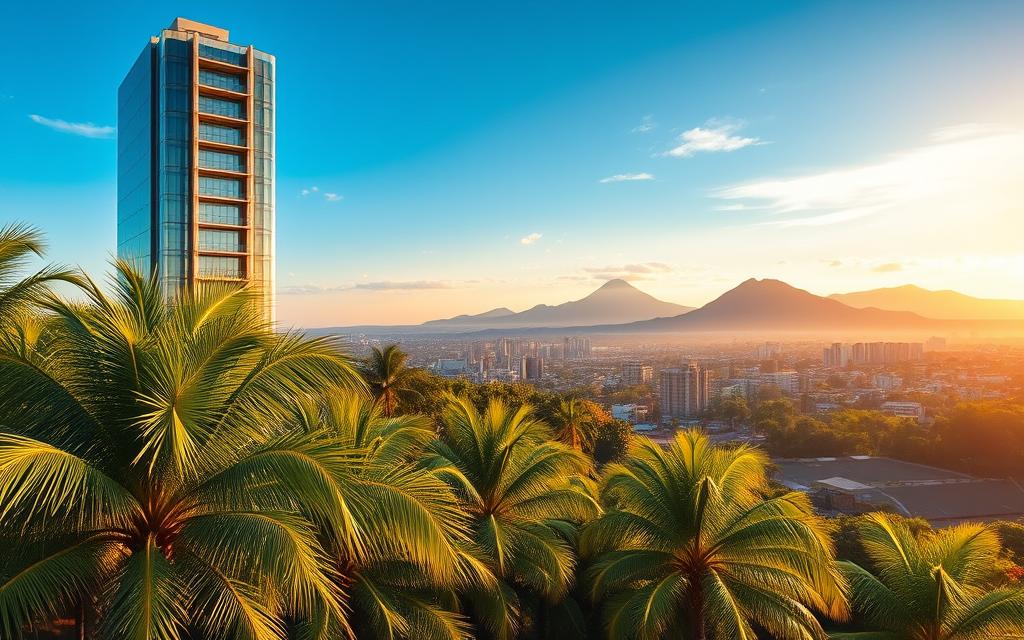
To obtain investor residency in Costa Rica, it's essential to understand the investment requirements. The minimum investment amount is a critical factor in this process. Costa Rica offers several investment options for those seeking residency, each with its own requirements and benefits.
Real Estate and Business Investment Options ($150,000)
Investors can choose to invest $150,000 in either real estate or a business. Real estate investments can include condominiums, empty land, houses, or farmland. For business investments, applicants can invest in new or existing businesses, provided they have an approved business plan if starting a new venture. This investment route requires a significant amount of capital but offers flexibility in terms of the type of investment.
Forestry Project Investment Option ($100,000)
Alternatively, investors can opt for a $100,000 investment in forestry projects. These projects involve activities such as lumbering, preservation, or forest regeneration and require permits from environmental agencies like SETENA and the local municipality. This option is attractive for those interested in eco-friendly investments and can be a more affordable route to residency.
Documentation and Initial Application Process
Regardless of the investment choice, applicants must provide thorough documentation, including proof of investment, background checks, and birth certificates. The initial application process involves preparing and authenticating these documents before submitting them to the relevant Costa Rican immigration authorities. For more information on successful investor visa applications, you can visit Costa Rica Investor Visa Success Stories.
Maintaining Investor Residency Status
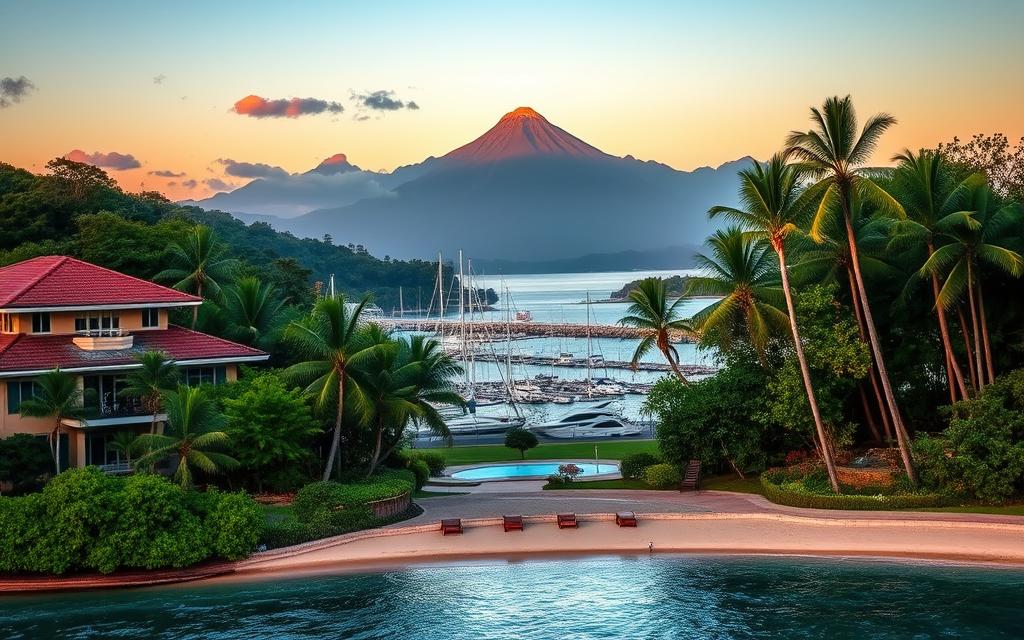
Maintaining your investor residency status in Costa Rica requires careful planning and adherence to specific requirements. To ensure a smooth transition towards permanent residency, it's essential to understand the conditions associated with your temporary residency.
Physical Presence Requirements
One of the critical conditions for maintaining investor residency status is fulfilling the physical presence requirement. You must spend at least 180 days per year in Costa Rica to qualify for eventual permanent residency. To track your time effectively, rely on entry/exit stamps and other proof of residence. For more information on how to obtain residency, you can visit this resource.
Renewal Process and Ongoing Obligations
The renewal process for temporary investor residency involves submitting required documentation and paying associated fees. Additionally, you must maintain your qualifying investments and comply with Costa Rican tax and legal requirements. Ensuring you meet these ongoing obligations is crucial for maintaining your residency status.
How to Convert Investor Residency into Permanent Residency
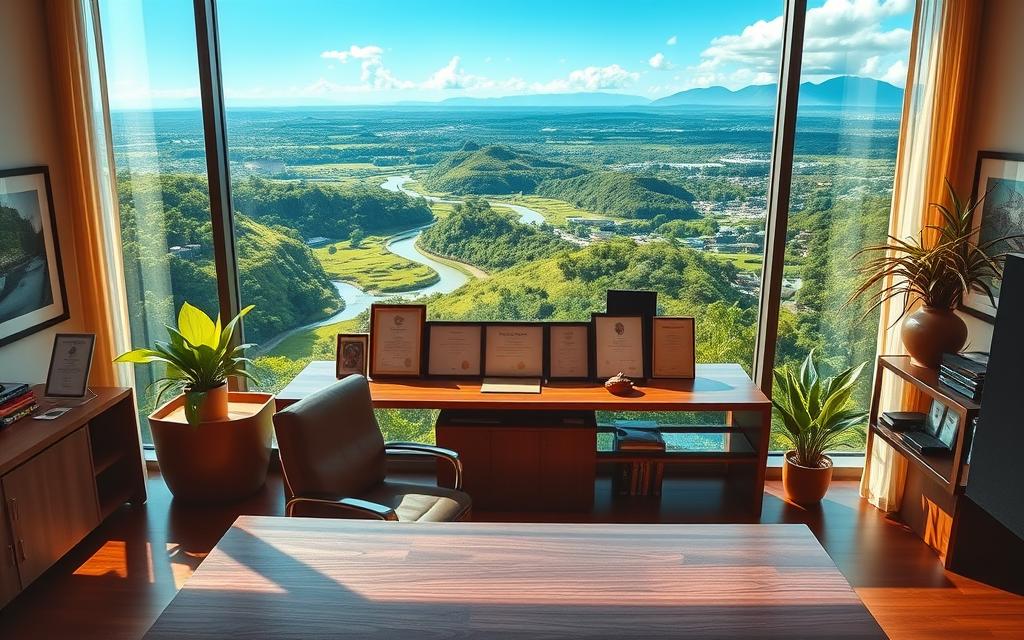
The journey to making Costa Rica your home involves several steps, including the transition from investor residency to permanent residency, which we will guide you through. This transition is a significant milestone for individuals who have chosen Costa Rica as their investment destination and wish to achieve long-term stability.
Eligibility Timeline
To be eligible for permanent residency, applicants must have held investor residency for at least three continuous years, with a minimum physical presence of 180 days per year. This requirement is crucial, as it demonstrates the applicant's commitment to residing in Costa Rica.
Application Process for Permanent Residency
The application process involves several steps, including filing the appropriate application form, submitting required documentation, and paying the necessary fees. Applicants must provide proof of maintaining their investor status, evidence of physical presence, and updated background checks. We recommend carefully reviewing the application requirements to avoid delays or rejections.
Required Documentation and Fees
Required documentation includes proof of residency, background checks, and financial statements. The government fees for the application process vary, and applicants should budget accordingly. It's also essential to understand that permanent residency differs from temporary investor status in terms of renewal requirements, work permissions, and other legal considerations.
After obtaining permanent residency, individuals can enjoy greater freedom and security, and after a total of seven years of residency, they may apply for citizenship through naturalization. This path offers a unique opportunity for those who wish to fully integrate into Costa Rican society.
Benefits and Rights After Conversion to Permanent Residency

Upon achieving permanent residency in Costa Rica, individuals unlock a plethora of benefits and rights that significantly enhance their quality of life. This status not only provides a sense of security and stability but also opens up new opportunities for personal and professional growth.
Rights and Work Permissions
One of the significant advantages of permanent residency is the freedom to work without the restrictions imposed on temporary residents. Permanent residents can work as employees, not just as business owners, giving them greater flexibility in their career choices. For more information on the legal requirements for residency, visit Jaros CR.
Healthcare, Banking, and Other Practical Benefits
Permanent residents also gain access to Costa Rica's renowned healthcare system, known as CAJA, which offers high-quality medical care at a lower cost based on income. Additionally, they can enjoy easier access to local banking services, including mortgage options and potential tax advantages. Other benefits include simplified travel in and out of Costa Rica, access to local rates for services and attractions, and greater security of status.
While permanent residency offers many benefits, it's worth noting that certain rights, such as voting, are reserved for citizens. However, the advantages of permanent residency make it an attractive option for those looking to make Costa Rica their long-term home.
Conclusion: Planning Your Path from Investor to Permanent Resident
As you navigate the process of converting your investor residency into permanent residency in Costa Rica, it's essential to understand the key steps and timeline involved. To successfully transition, investors must adhere to the country's immigration laws and maintain their residency status.
To plan your path effectively, we recommend creating a timeline that outlines the key milestones, including the initial investment, obtaining investor residency, and applying for permanent residency after three years. For more detailed guidance on the next steps after obtaining residency, you can visitJAROS CR's resource page.
Long-term planning considerations, such as pursuing Costa Rican citizenship after seven years, should also be taken into account. It's crucial to address common questions about maintaining ties to your home country, including tax implications and passport considerations.
For professional assistance with the residency process, we recommend seeking experienced legal counsel. JAROS CR is a valuable resource, and you can contact them at www.jaroscr.com, info@jaroscr.com, or +(506)7182-8969 for guidance on your residency journey.
By following these steps and seeking professional advice when needed, prospective permanent residents can successfully complete the process and fully establish themselves in Costa Rica's welcoming community.


